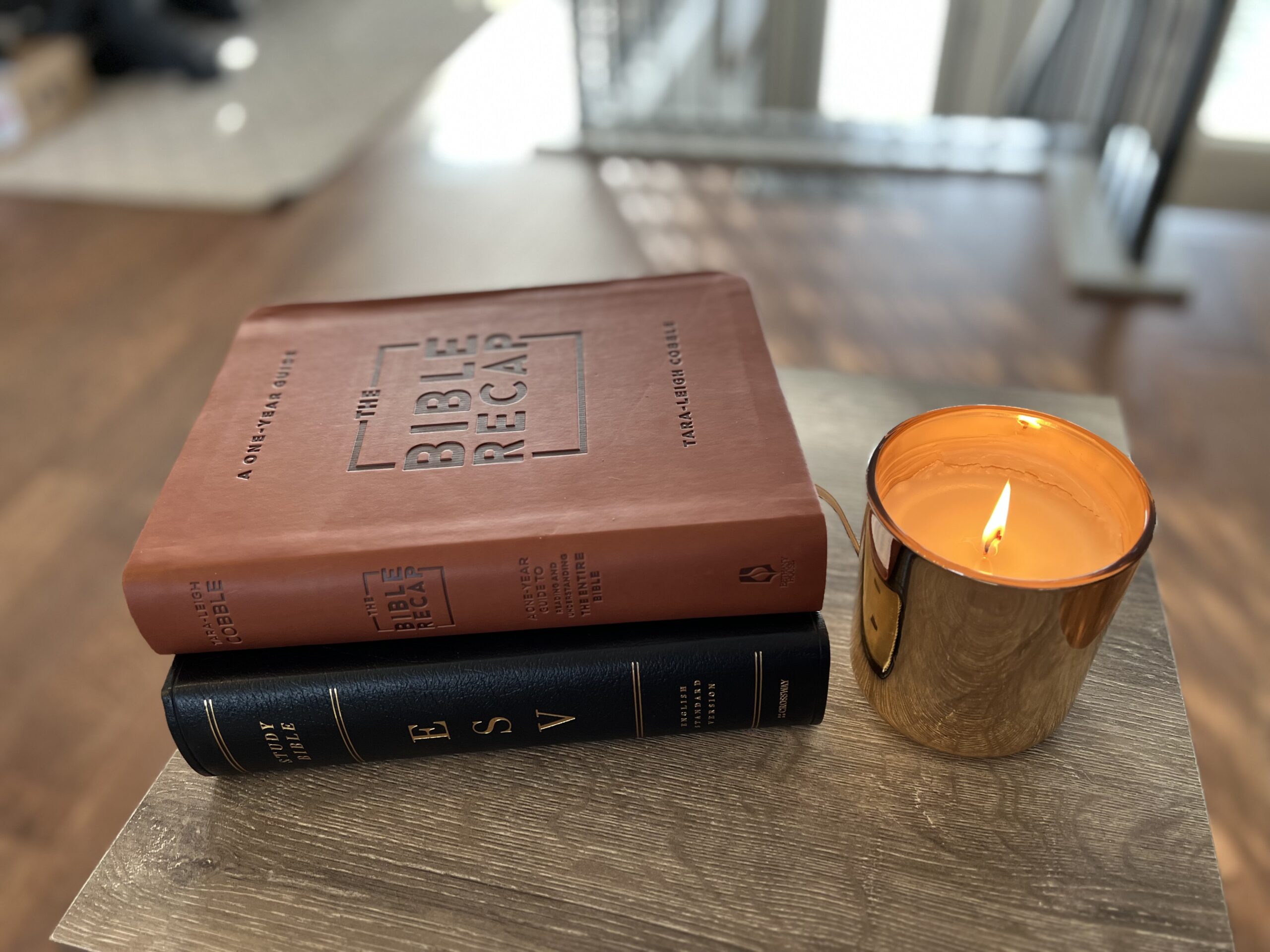
Confession From Someone Who Has Been Offended
Recently I shared that I have struggled with anxiety for several years. In the spirit of confessions, I’m sharing another area that has been a struggle for me. Getting offended. Not just getting offended, but holding onto the offense.
Reflecting on my life, I can still feel the sting of interactions with people who were offended. Sometimes they were offended by me and sometimes by any number of other things.
Several years ago, after our first Sunday gathering where Tyler and I became the lead pastors of a church campus that had recently gone through a challenging season, we hosted a “meet and greet”. There were finger foods and and an environment set to meet people and for conversation. After several positive interactions, an older couple came up to us and I expected to hear, “It’s nice to meet you” or “Thank you for stepping into this difficult situation”. Instead, they said, “We really liked [the previous] Pastor.” And they left. That was it. No smile, no introduction, nothing but that. We never saw them again. It seemed that their purpose in attending that day was to make sure we knew that they were not happy that Pastor So-in-So wasn’t their pastor anymore, even though that happened long before we arrived. Their hurt and offense was so deep that they weren’t even cordial. So what did I do? I was offended that those people were offended.
I remember processing offense a few years ago. I’ve learned that when we are offended, it can’t help but come out of us. Whether it is the way we look at the person who has offended us, or the look in our eye when we are talking about them, or the words we say directly or indirectly about the offense. You know what I realized? I never, ever have left a conversation talking about my offense feeling like I had represented Jesus well. I’ve never listened to an offended person vent and thought, “I like what I see in them. I want to be like that person”. I actually believe that wearing offense is one of the most unattractive things that I can do.
Letting go of offense is one of those things that is not a “one and done”. There will always be opportunities to be offended. The challenge is, in just about every situation, we feel justified in being offended. They hurt us. They did not live up to our expectations of what they should do. They don’t share the same values I do. They have a different personality type than I do, and I would never respond the way that they do. We get disappointed or hurt, therefore, we hold that against the other person.
In order to live an abundant life, I believe that I have to choose to forgive offenses. If I don’t, it robs me of joy, robs me of peace, and I place myself on a pedestal, above the offender. So how do I choose another way?
-
Remember that I too make mistakes every single day. The reality is that none of us are perfect. I must choose to give the grace that I hope to receive. I can choose to assume the best about the offender, as I would hope the best would be assumed about me. King Solomon said it this way:
“Do not take to heart all the things that people say, lest you hear your servant cursing you.
Your heart knows that many times you yourself have cursed others”.
– Ecclesiastes 7:21-22
-
Invite the Holy Spirit to help. Life is hard and people will disappoint us. In fact, as I learned my first year of marriage, everyone will disappoint us at some time in our life if we are close enough to see their imperfections. The only perfect person to walk this Earth was Jesus. Even though Jesus had every right to be offended, on the cross He prayed for the people who put Him on it, “Father forgive them…”
The Holy Spirit will help us have that same heart if we ask for help.
-
Keep doing the right thing, anyway. When I feel wronged, I feel justified in treating the other person “less than”. As I’ve been reading through the Gospels, I’ve been pondering this a lot. Jesus had an inner circle of 12 friends that He did life with. They traveled together, worked together, ate together, and lived together. One of the 12, Judas, was close with Jesus for three years. Scripture says that when Judas voiced that he was ticked that money wasn’t being used to serve the poor like he thought it should be, his real motive was that he was stealing money from the ministry fund. Jesus knew this about Judas.
The night that Jesus was betrayed, he had His 12 disciples with Him for the Passover meal and Jesus actually washed Judas’ feet, knowing what was about to happen.
Jesus was perfect. We are not perfect. We do mess up and do things that may justify someone being offended with us. That was not the case for Jesus. Yet, He washed Judas’ feet.
-
Be quick to forgive. Jesus said,
“For if you forgive others their offenses, your heavenly Father will forgive you as well.
But if you don’t forgive others, your Father will not forgive your offenses.”
-Matthew 6:14-15
Honestly, that Scripture is one that I have chosen to ignore or justify why my situation is the exception so many times. Our tendency is to justify just about anything that we don’t want to obey. Somehow Lucifer was able to justify his pride, convincing himself that he was greater than his Creator. Eve was able to justify her disobedience to God when she desired to be like God. When my filter isn’t Scripture, I can justify just about anything.
-
If necessary, set healthy boundaries. It is possible to forgive someone and still hold to necessary boundaries in order to maintain our health. We cannot change other people, we only can change ourselves. There is a relationship that I’ve learned that I have to hold to healthy boundaries with the person, as I’ve had years of disappointment and hurt in the relationship. Although I don’t believe that the intentions of that person were necessarily to cause me pain, I choose to limit my interactions with that person. An incredible book to learn more about setting healthy boundaries is Boundaries: When to Say Yes, How to Say No To Take Control of Your Life by Dr. Henry Cloud & Dr. John Townsend.
-
Focus on what I’m allowing in. If I’m listening to gossip, filling my thoughts with all of the bad news going on in the world, and not taking captive my thoughts, then gossip, negativity and offense will be what comes out of me. If I refuse to listen to gossip, start my day with the truth of Scripture instead of scrolling through my phone, and take captive my thoughts, life will come out of me. Grace will come out of me. Forgiveness will be what I choose. Jesus said this,
“For the mouth speaks from the overflow of the heart”. – Matthew 12:35
In this life I will always have opportunities to be offended and I will never be perfect, however, I will keep choosing the abundant life that Jesus said is available to me.
If offense is an area that you struggle with like I do, there is a book that I recently read called Unoffendable. I recommend it.
I’d love to hear from you. Have you grown in forgiveness and letting go of offenses? What has helped you?



5 Comments
Vicki Lynn Hasting
Such truth written here Amber. Bless you for this gift of writing to touch hearts.
Amber Sollie
Thank you for being an encouragement to me, Vicki Lynn!
Brittany F.
Thank you for this blog! Really needed it in this very moment and season.
Delpha Pike
Thanks for your thoughts. It is so often that we try to ignore or hide them by avoiding that person or situation. I am grateful that God doesn’t expect me to be perfect but I can be forgiven and cleansed. I so much appreciate you and Tyler.
Davis Geralyn
Such a good word to take with us through our whole life! There’s no other option than to forgive !💕